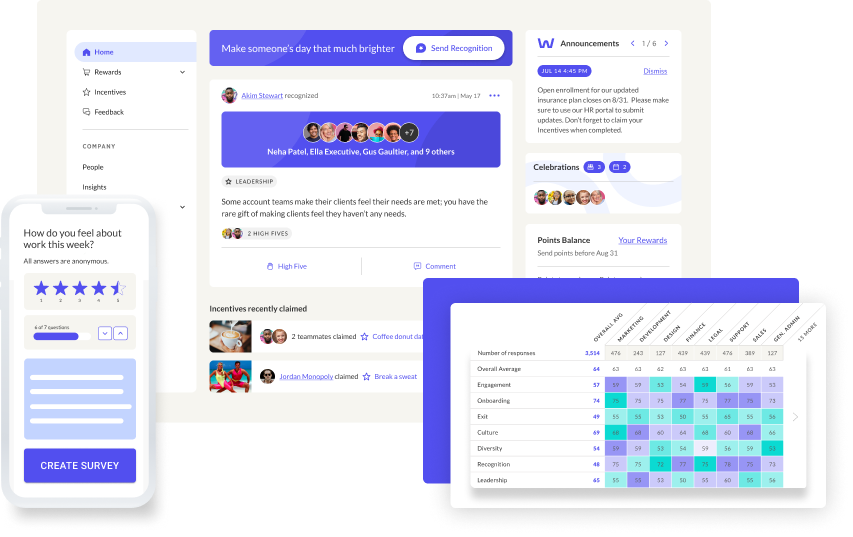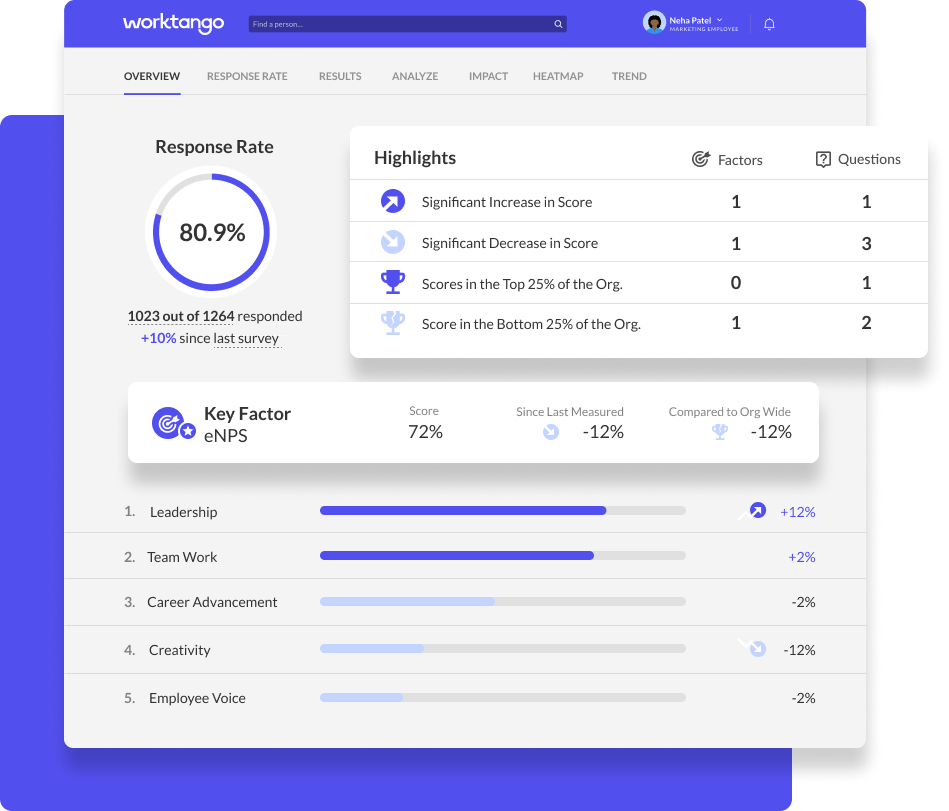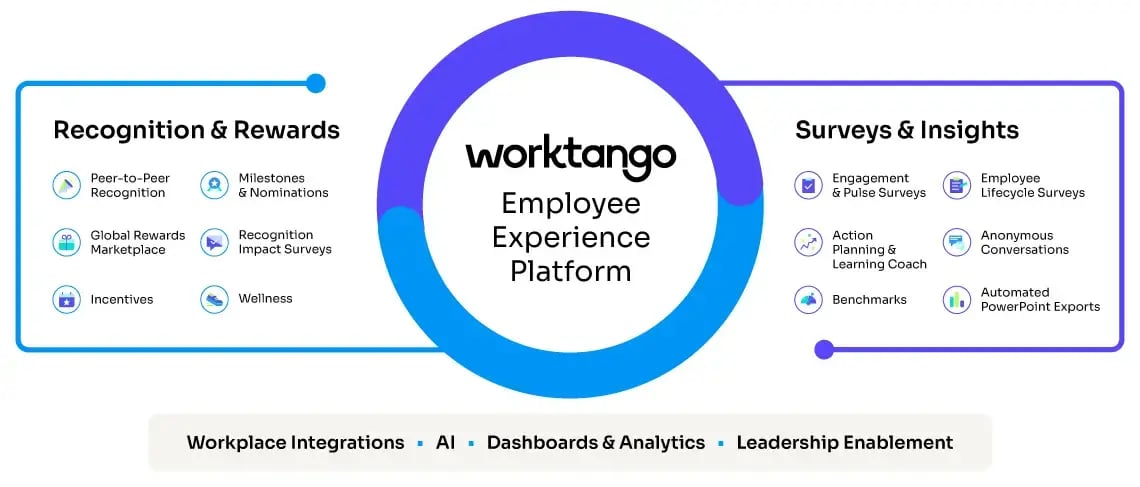Engage, inspire & retain 168飞艇开奖官网开奖直播·开奖记录查询|LUCKY168 / 幸运飞行艇官方开奖实时记录·168飞艇开奖结果玩法 your employees with WorkTango
Discover Employee Surveys & Insights and Recognition & Rewards - available individually or bundled within WorkTango’s holistic Employee Experience Platform.


Surveys & Insights
Employee listening across the entire employee lifecycle
Easily measure engagement and ensure every employee feels heard with unlimited surveys.
Through robust dashboards and insights, your leaders will gain insight into employee sentiment. They can then drive meaningful change with recommended action plans.
Recognition & Rewards
Amplify and incentivize key values and behaviors
Scale and automate your employee recognition & rewards program, track and control costs, and incentivize desired actions.
Save time and heighten the excitement with automated years of service awards, birthdays, and other milestone celebrations.

Start an interactive 幸运飞行艇(官方)_开奖记录查询|全国直播|幸运飞开艇官方开奖查询结果 紅の豚 飛行艇時代 幸运赛艇开奖 tour of
WorkTango's Employee Experience Platform

WorkTango’s Employee Experience software has all the capabilities your company needs in one easy-to-use platform: Employee Recognition & Rewards, Employee Surveys & Insights, powerful reporting, analytics, HRIS integrations, and leadership tools.
Improve employee experience with WorkTango
If your employees can maneuver through social media, they’ll easily be able to use WorkTango’s Recognition & Rewards and Surveys & Insights software. We can see results every day, in real-time. The solutions 168幸运飞行艇_开奖查询 are attainable, affordable, and easy to integrate into your company especially with the level of support behind this platform. Would I recommend WorkTango? I already have, many times.
We wanted 幸运飞行艇开奖记录查询官方 to work with a vendor that was reliable, responsive, and supportive… The ease of setting up the survey was essential. In other platforms it can literally take hours to set up a survey. We’re constantly looking for evolution – and wanted a platform that will continue to evolve and change with us for the better.
WorkTango helps the 168体彩开奖网幸运的极速赛车一分钟 Boston Beer Company create a continuous culture of recognition and appreciation, no matter if team members are remote, in an office, or on the brewery floor.
Helping organizations create 168结果:(幸)(运)(飞)(行)(艇)开奖官方在线直播 飞艇网+极速赛车 🚀 幸运168飞艇官方开奖 an extraordinary employee experience is our passion
Our Passion is to improve (work) lives
Part of a bigger community
Join the WorkTango team


